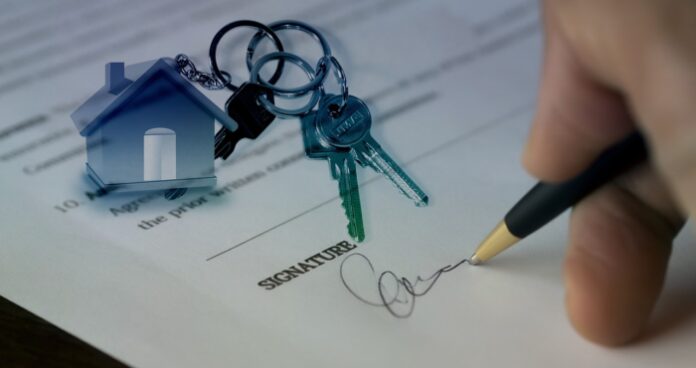Selling a home is an emotional experience. It can get more complicated if the property in question is in probate. As the seller, you may be attached to the deceased and feel reluctant to let go of the property where your memories are housed.
There’s also the legal side of things. Selling a probate property differs from selling a regular property. You’ll need to get court approval, clear the title, follow strict rules, and hire a probate real estate agent.
Apart from that, you’ll also need to maximize the property’s value when selling in probate. This requires strategic planning and careful consideration to ensure you receive the best possible returns. In this guide, we’ll explore some tips to help you maximize the value of your probate property. But first, a quick primer on probate.
What Is Probate?
Probate is the legal process of settling the estate of a deceased person. Simply put, probate is the term used to describe the legal and financial processes involved in handling the assets of a deceased person. This includes the sale of such properties.
Any next of kin or relatives named in the will need to apply for probate in order to claim these assets before they can sell or transfer them. The probate process is administered by an individual called an executor. The executor is responsible for preparing an inventory of all the decedent’s assets and liabilities, including personal property and investments.
Tips for Selling a House in Probate
To sell a house in probate, you’ll need to take a different approach than you’d when selling a regular house. We’ll share some tips to help you sell a probate property without hiccups.
1. Obtain Court Approval
Keep in mind that even if you’re the executor in a will, you can’t just go ahead and sell the property of the deceased. There’s a procedure to follow that starts in court.
You’ll need to be formally appointed by a judge before you can transfer or sell the property. You can do routine maintenance work on the estate, but you’ll want to hold back on making major decisions that may impact the property ownership.
2. Perform Basic Maintenance
Maintaining a home can pay significant dividends when it comes to selling. Whether the property is on probate or not, you’ll want to ensure it’s in good condition to fetch a higher price.
Inspect the property and ensure everything is working optimally.
No need for major renovations, like a kitchen overhaul or swimming pool installation. Probate properties tend to sell fast and at lower prices, so you just need to ensure everything is working as it should.
Check the HVAC system for signs of failure. Common signs of malfunctioning HVAC systems include bad odor, strange noise, indoor humidity, and uneven distribution of heat.
If you spot any of these signs, contact a heating specialist to check the system and fix the issues. A professional contractor might even recommend a heating product that will save you thousands of dollars in energy costs.
The roof is another area that will need to be checked before selling. If the roof is old and leaky, you might want to consider having it replaced. Lastly, clean and declutter the house to make it look neat and more inviting.
3. Hire a Probate Real Estate Agent
It’s easier to hire a realtor who lives in the neighborhood, or one referred to you by a friend. But if they are not experts in probate real estate, you’ll miss out on the support and guidance you need to get through the probate process smoothly.
The probate process can be lengthy and complicated. That’s why working with a professional experienced in probate real estate is recommended. Hiring a probate real estate agent ensures you get everything right from the word go.
If you want to possibly simplify and expedite a home sale process, you can consider the option to sell a house for cash. Before exploring this option check that a cash sale is permitted by probate restrictions.
4. Clear the Title
Before you can sell the property, clear all the debts. All creditors, including lenders, with a claim on the property must be satisfied.
If the decedent’s accounts aren’t enough to cover the debts on the home, you may need to negotiate with the creditors or reach an agreement that you’ll clear all the debts once the property is sold. But you’ll need to ensure there are no liens or encumbrances that may deter the transfer of the property.
Wrapping Up
Selling a house in probate can present many challenges, but seeking the help of a professional can smoothen things out. While every situation is unique, the tips above can help you achieve your end goal with minimal setbacks.
Find a Home-Based Business to Start-Up >>> Hundreds of Business Listings.

















































